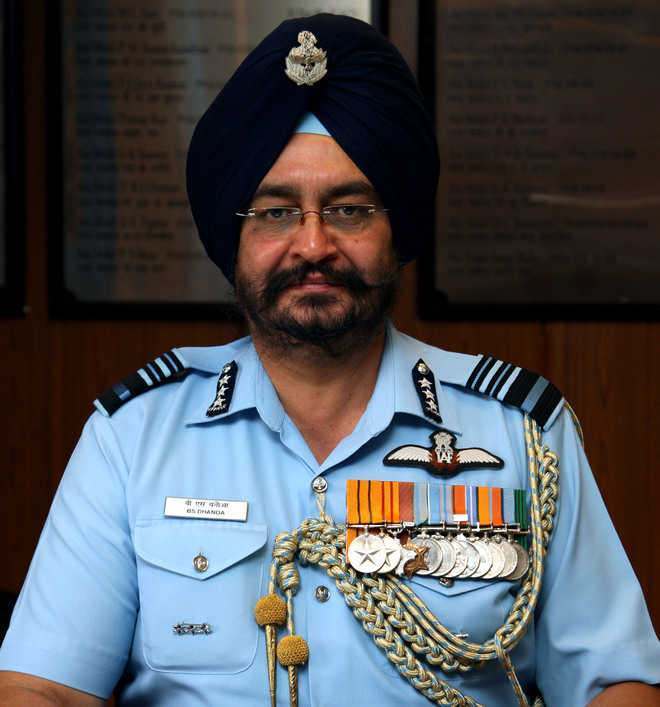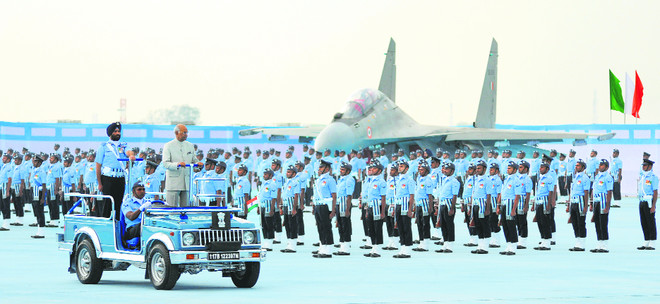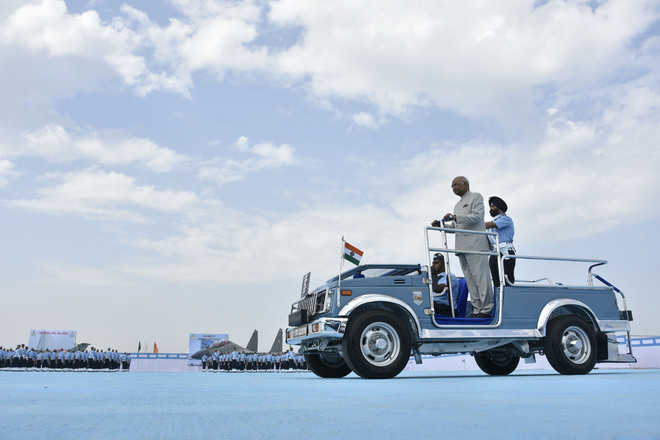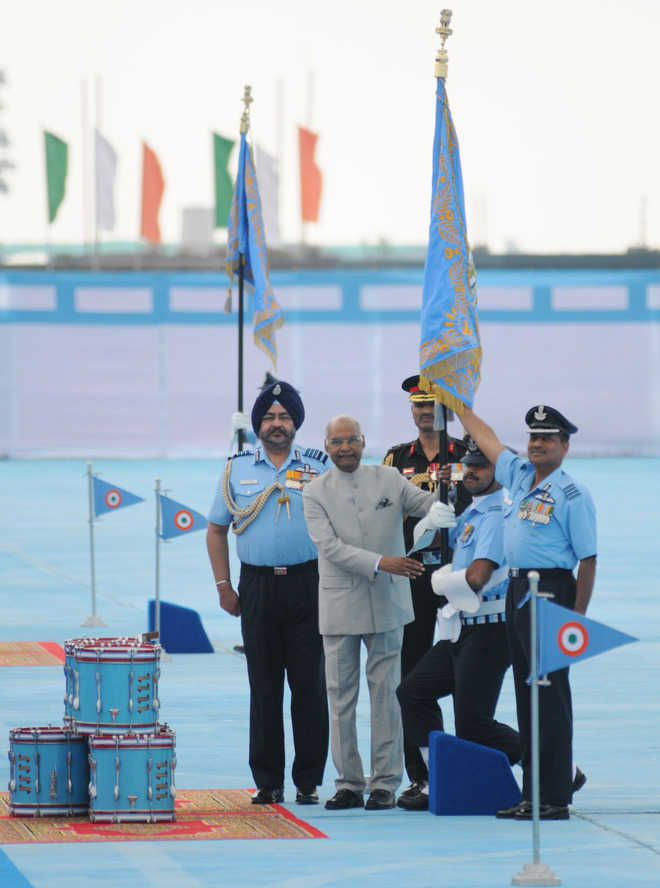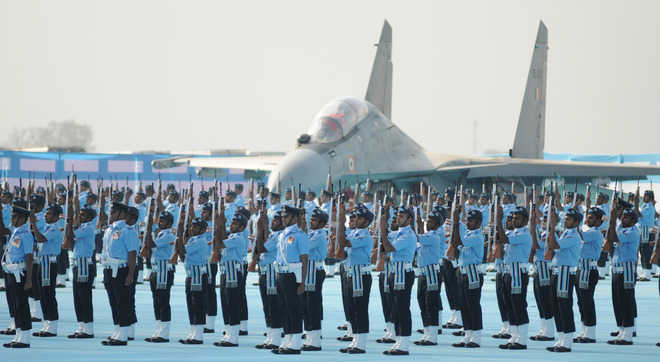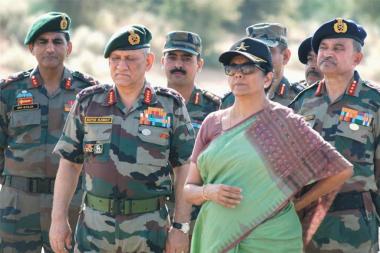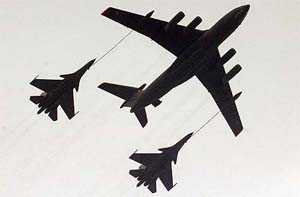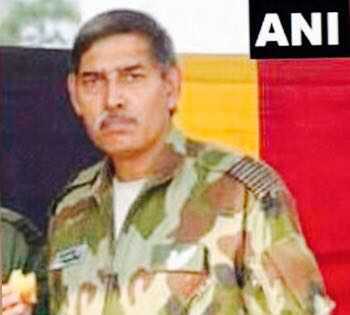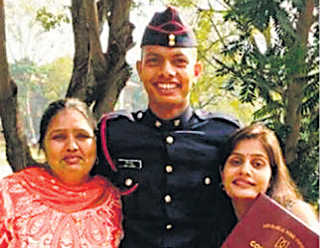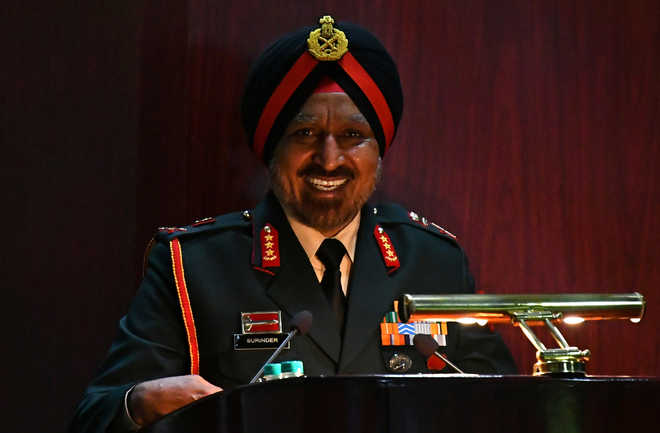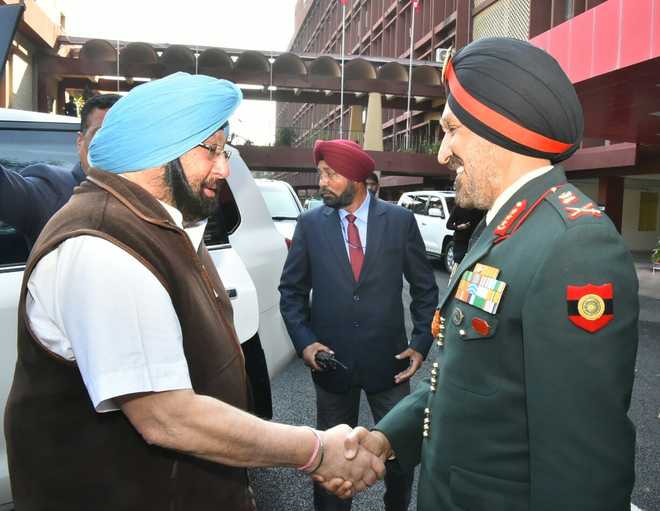Arun Joshi
Afghan President Ashraf Ghani’s talks offer to the Taliban to bring about a negotiated settlement in his trouble-torn country is a typical paradox of pragmatism and compulsion. The problem in Afghanistan is that the government is not in control of more than 56 per cent of its territory, and the Pakistan-backed Taliban cannot take Kabul. It is very difficult to find the middle ground, but optimists are looking for a bright spot in the initiative.The outcome of the talks, if held at all — so far the Taliban has not responded, will depend much on Pakistan. This time around Pakistan has a reason to welcome the talks for three reasons. One, it wants to avert getting blacklisted by Finance Action Task Force, as it already is set to figure in its “grey list” from June. Second, it wants to mend its ties with the Trump administration that doesn’t trust it. Third, it wants to maintain peace and order on its border with Afghanistan to fulfil its obligations to China that has invested $56 billion in the China-Pakistan Economic Corridor.But, Pakistan is unable to shake off its frozen mindset that has invested in terrorism to have strategic depth in Afghanistan. It will never allow its leverage to go unless pushed to the wall but what no one can change is the strategic geographical location that it enjoys. Had it not been the transit route for the American troops and supplies to the landlocked Afghanistan, the international community would have declared it enabler and incubator of terrorism long ago.It is for Pakistan to make the Taliban talk. Its intent would be tested soon. India will have to watch each and every move on this front very carefully, while mounting a high-pitched diplomatic offensive to ensure that Pakistan doesn’t dictate its agenda in Afghan talks through the Taliban. India needs to take care of its interests in Afghanistan for Pakistan has targeted these in Kabul and elsewhere through the Taliban. The international community may think that the dismantling of the Haqqani network and making the Taliban behave form sufficient grounds to look at Pakistan in a positive way. But unless Pakistan dismantles all terror networks, including the Jaish-e-Mohammad and Lashkar-e-Toiba, and stops exporting terrorism to India, particularly in J&K, it should not be let off the hook. Even if peace is restored in Afghanistan, the stability will not dawn in South Asia. For overall peace in the region where Pakistan often threatens to use its nuclear weapons against India, Islamabad must eliminate all sources and promotion of terrorism. Kashmir is bleeding because of the terrorism emanating from Pakistani soil. It has invested a lot in the misinformation campaign through the social media and other communication channels that it will take years to bring J&K back on the path of normalcy. At the moment because of Pakistan’s continuation with its pro-terrorism policy in Kashmir, as it is doing in Kabul, the return of normalcy appears to be a difficult goal to accomplish.India and Pakistan must hold talks and resolve their issues. However, Delhi should not be expected to pay a premium on the Pakistan-sponsored terrorism. This should be made clear to the world community and to the loud-mouthed politicians within the country. Pakistan should be made to take back its terror machines not only from Afghanistan but also from India, particularly J&K. Pakistan continues to provide “safe haven and sanctuaries to terrorists”. That is the real threat to the peace in region. With regard to India, it justifies its terror and murderous campaign by claiming that the “unresolved” Kashmir issue is at the root of the conflict. That is what makes it justify terrorists unleashing atrocities on the innocent.The problem needs to be dealt with in a holistic manner, Afghan-centric measures will not help in obtaining peace and order in South Asia. Kabul initiative is just half a step.





















































